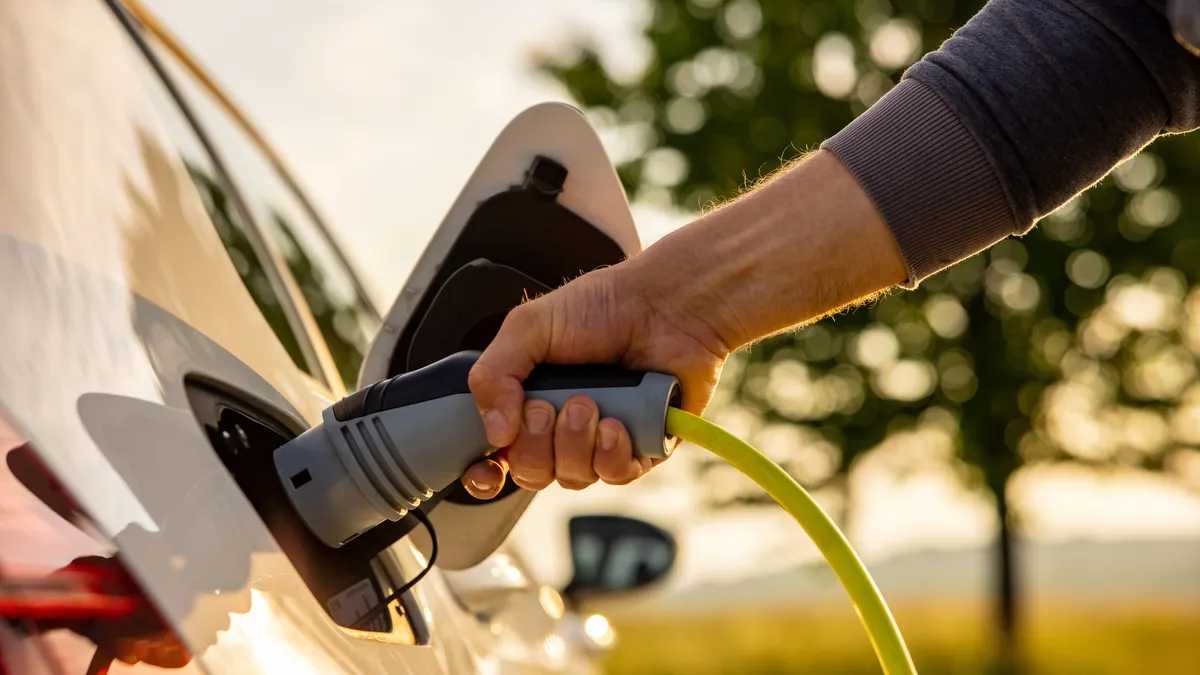The number of battery-electric vehicles sold in the U.S. set a new record in the second quarter of this year, according to data released Wednesday by Cox Automotive, a global company that owns Autotrader and Kelley Blue Book among other brands. Sales rose more than 66% over the same period last year to 196,788 vehicles. For the first half of 2022, buyers snapped up 370,726 EVs.
The market share for pure electric vehicles reached 5.6% in the second quarter, more than double the 2.7% they accounted for in the second quarter of 2021.
The data also showed a shift toward pure battery-electric vehicles, as sales of hybrid, plug-in hybrid and fuel cell vehicles all dwindled.
Tesla remains the dominant nameplate in EVs but its share of total electric vehicle sales has declined. There are now more than 30 EV models available in the U.S. from a wide variety of automakers including Ford, General Motors, Hyundai, Kia and Volkswagen, along with luxury car brands such as BMW and Mercedes-Benz.
The growing popularity of electric vehicles comes even as semiconductor shortages crimp supplies and the average cost of electric vehicles reached nearly $67,000 in June, according to Kelley Blue Book.
But a report released this week by the Zero Emission Transportation Association found that gas-powered vehicles are three to five times more expensive to drive per mile than EVs, exacerbated by the sudden rise in gas prices.
Joe Britton, executive director at ZETA, explained that the average cost of EVs is skewed by the number of higher-priced models such as the Tesla Model X, which is priced at more than $110,000.
“You can buy expensive EVs, but you can buy expensive gas-powered cars too,” Britton said. He expects that over time, electric vehicles will reach price parity with comparable internal combustion engine vehicles.











